From 19 to 21 May 2025, the ACCC held its annual General Assembly in Siem Reap, Cambodia. Attended by members from Bangladesh, Indonesia, Myanmar, the Philippines, Thailand, and the host country, Cambodia.
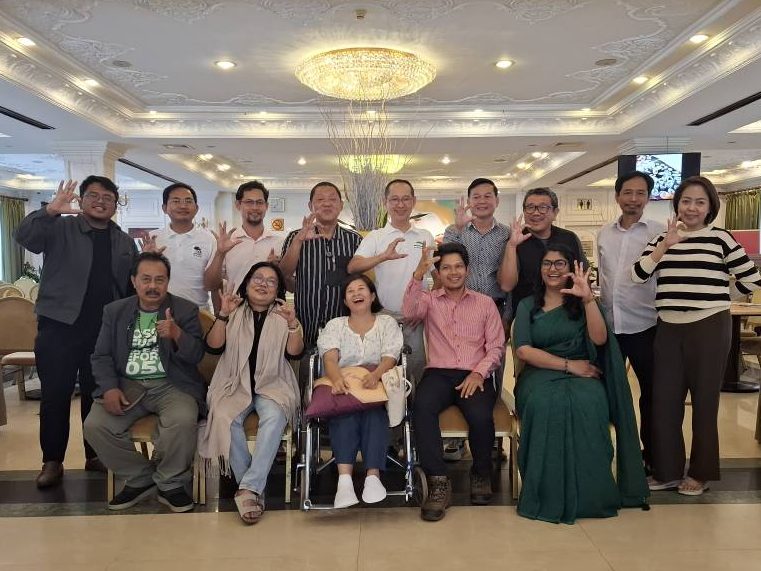
Day 1 started with a community visit to the floating village of Kampong Phluk, a village in Siem Reap, which experienced usual flooding up to 10 meters for 7-8 months every year which pushed the people to build houses on high stilts. The community was able to adapt throughout the years, but due to decreasing rainfall, increasing temperature, and decreasing water flow, they are now experiencing long droughts, wildfires, and other heat-related hazards. They also lacked access to climate projections which might greatly help to prepare and adapt to future climate-impact drivers. Community leaders shared that they will continue to adapt, but also mentioned the need for collective, urgent, and meaningful climate actions because there might be a limitation on how long the community can adapt on its own.
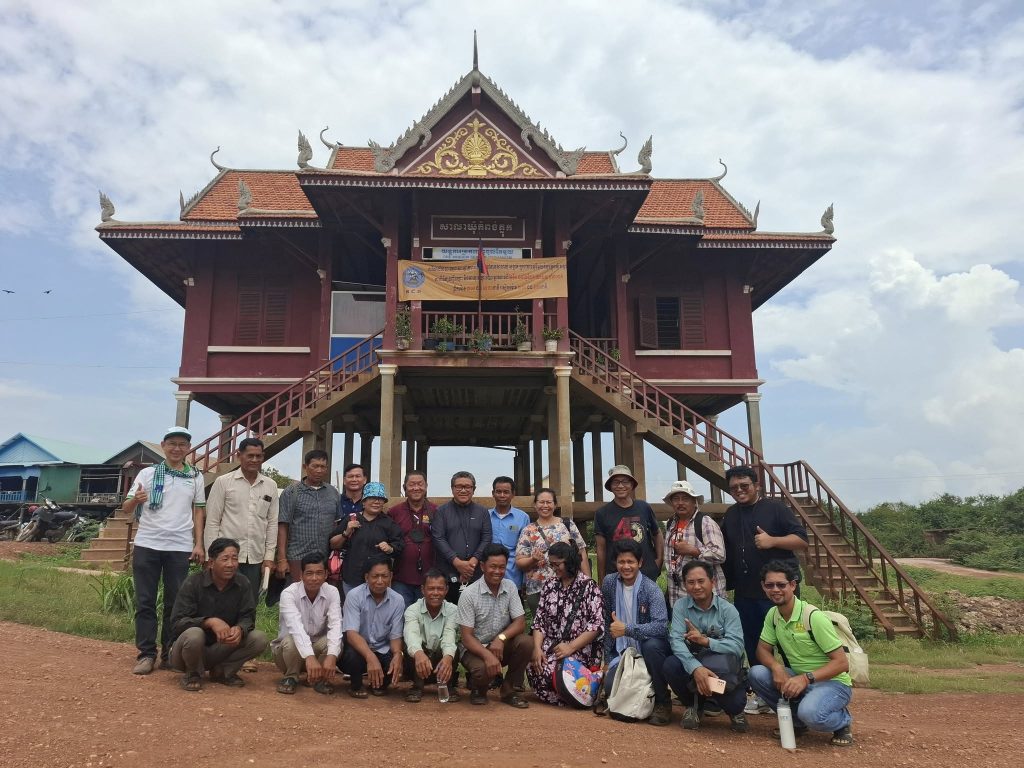
Following the community visit to Kampong Phluk, the members also visited Angkor Wat. Aside from intricate stone designs and architecture, members learned that the engineering of Ancient Khmer people was very advanced during their time, especially in water, management. However, according to research, they were not able to adapt to a series of prolonged droughts, and other extreme weather conditions related to heat, along with this condition was a series of wars in the region, which pushed the people to migrate of the majestic Angkor Wat. A testament on how conflicts and dispute can exacerbate the impacts of Climate Change.
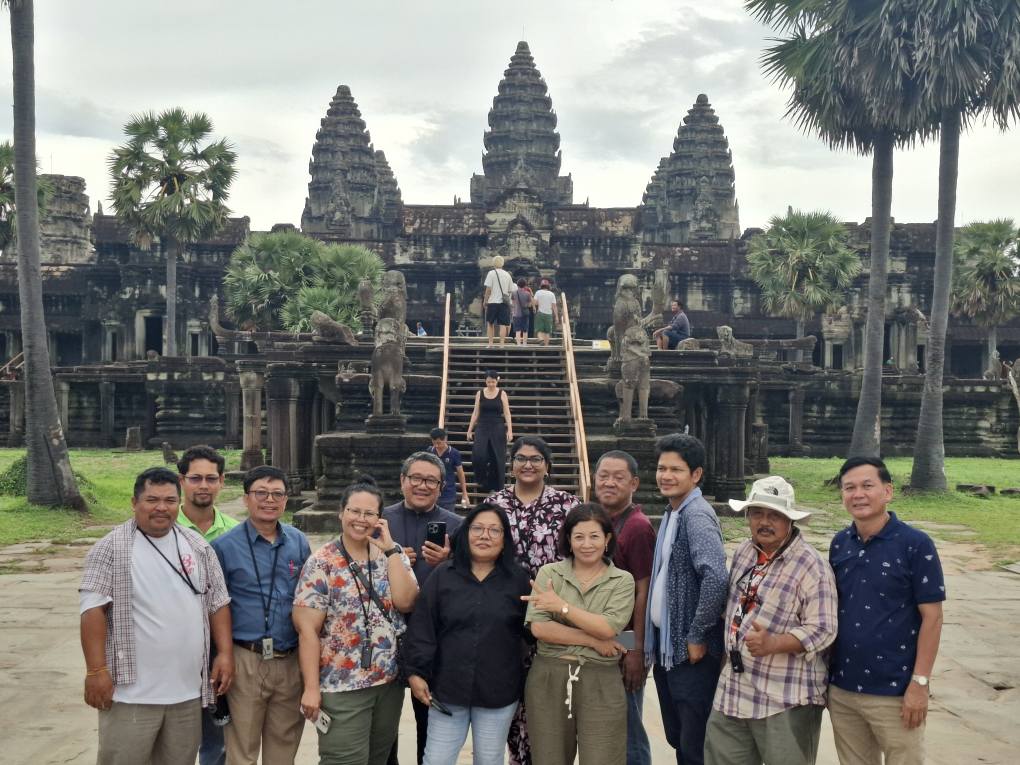
Day 2 and Day 3 focused with the discussions, strengthening the ACCC positions on key issues, and identifying actions on how the group will move forward. Started with the presentation of Dr. Rosa Perez on the latest climate science, this will serve as a part of the scientific basis of the discussions throughout the remaining 2 days.
The discussions focused on three core topics, Gender, Agriculture and Food Systems, and Oceans, along with the discussion of cross-cutting concerns on Adaptation, Mitigation, Climate Finance, Technology Transfer, and Loss and Damage. Select resource persons provided technical inputs on the core topics Ms Titi Soentoro of Aksi Indonesia on Gender, Ms Dada Bacudo of FAO on Agri and Food Systems, Ms Jessica Bercilla-Dator on Oceans, and Mr JL Algo on Loss and Damage. Members had thorough discussion and were able to draft key statements on these issues, members also considered the inputs of the communities they serve and assist from their respective countries.
Review of the identified actions for 2025 were also done to recalibrate ACCC strategies towards more meaningful actions for the rest of the year.
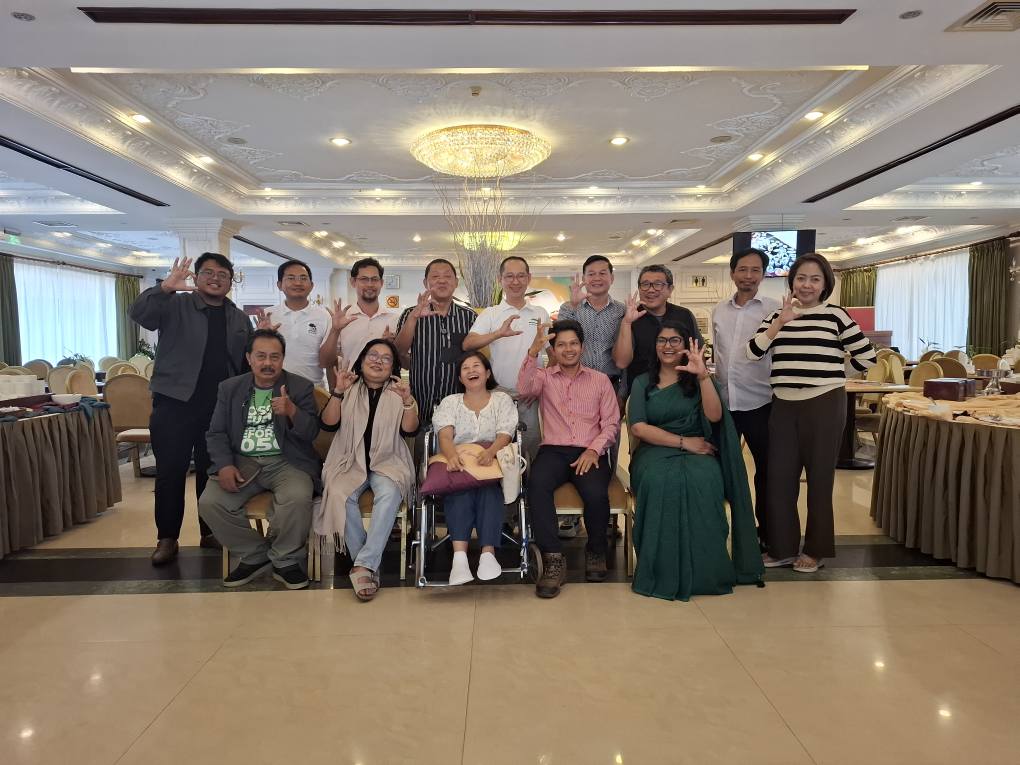
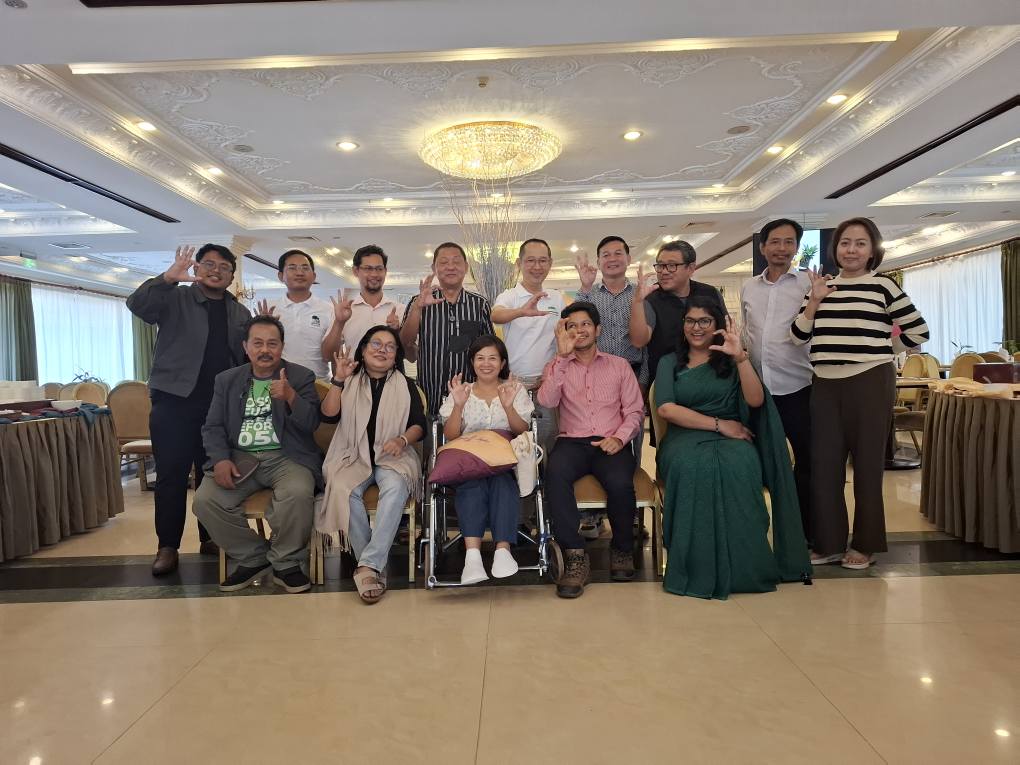
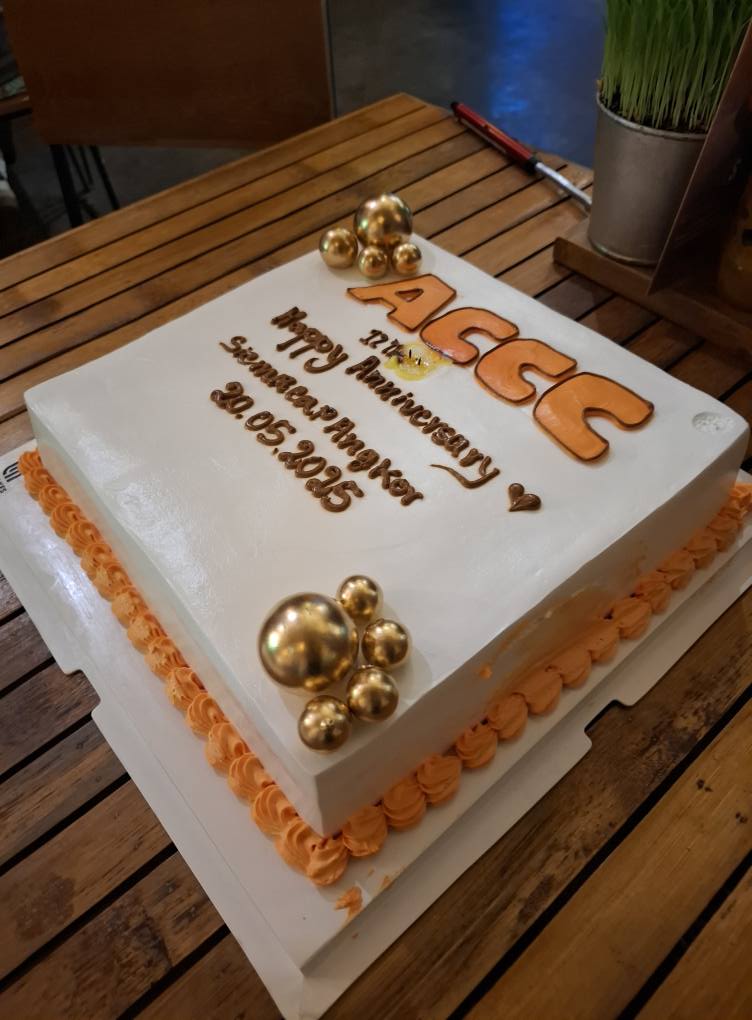
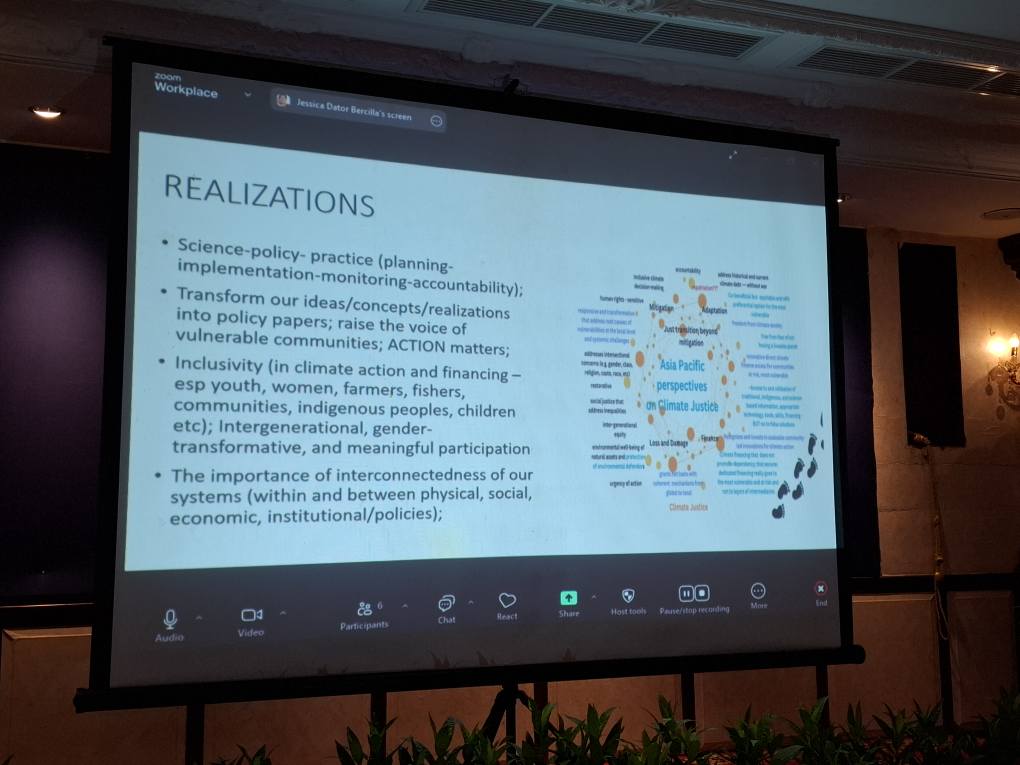
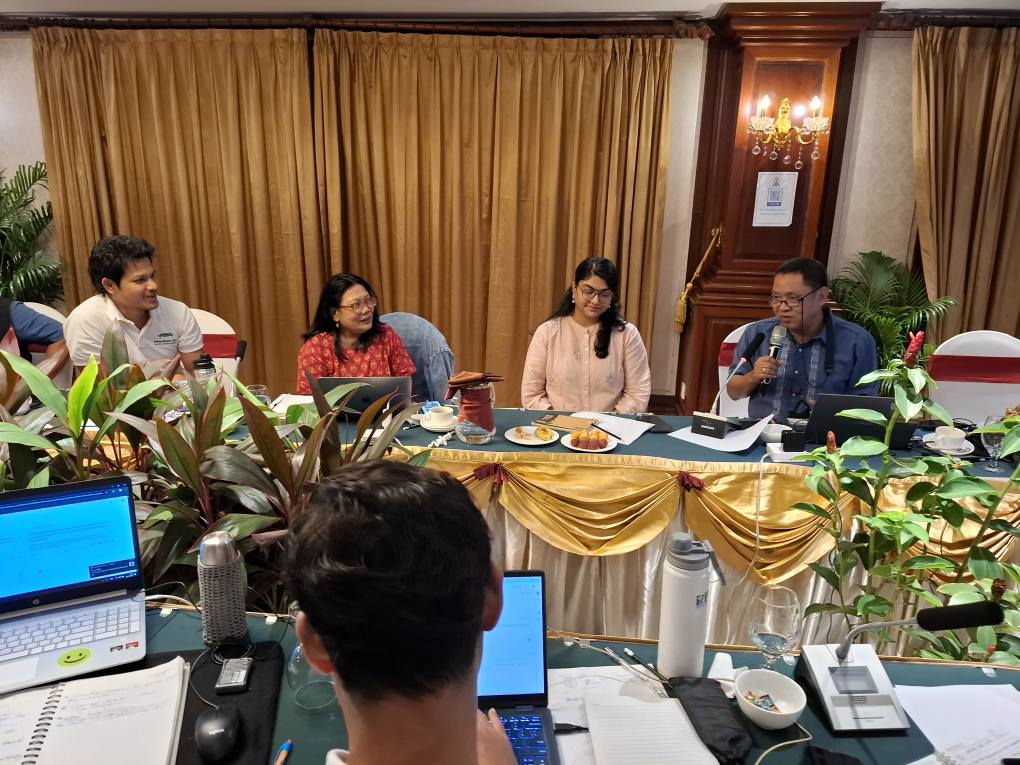
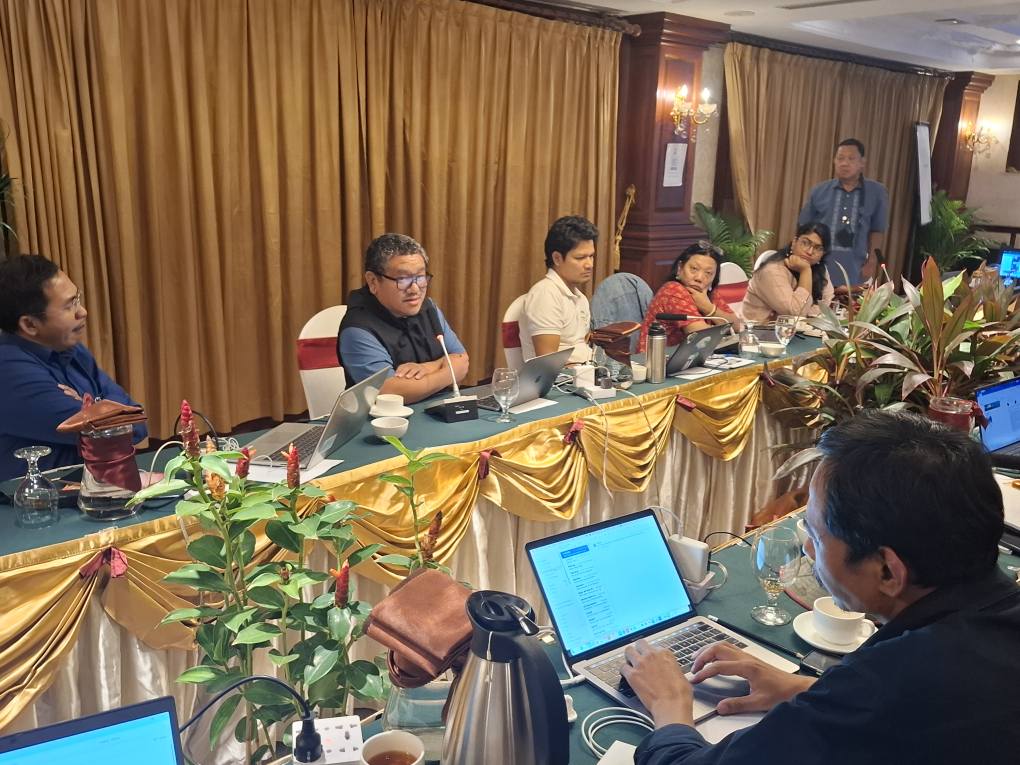
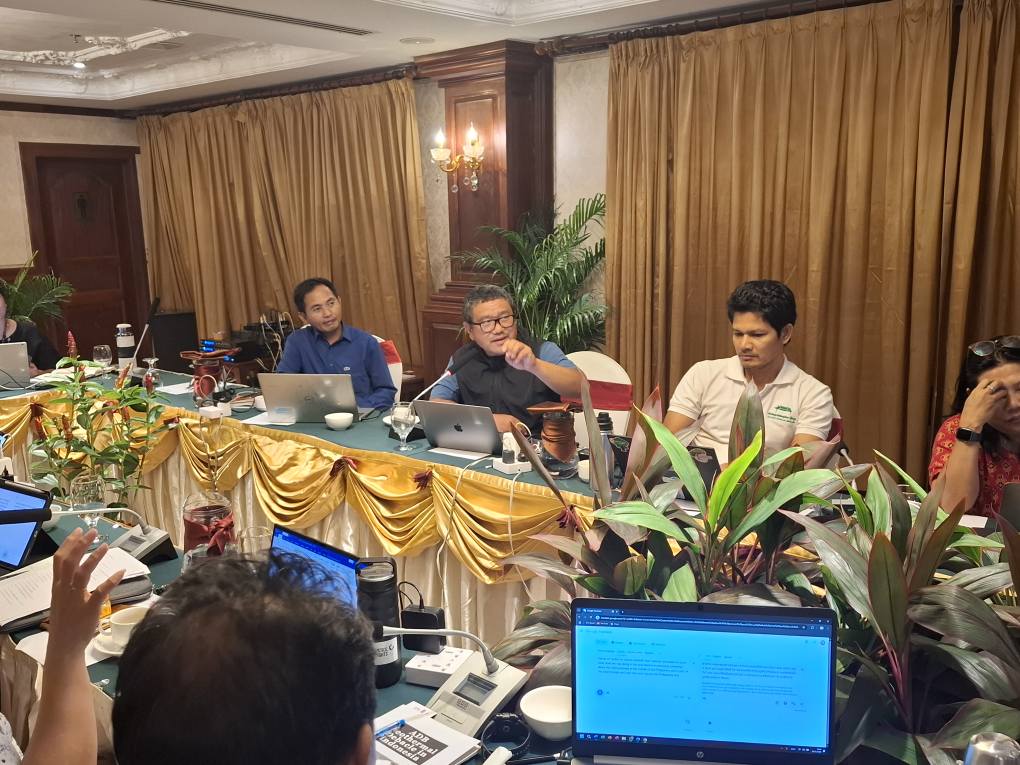
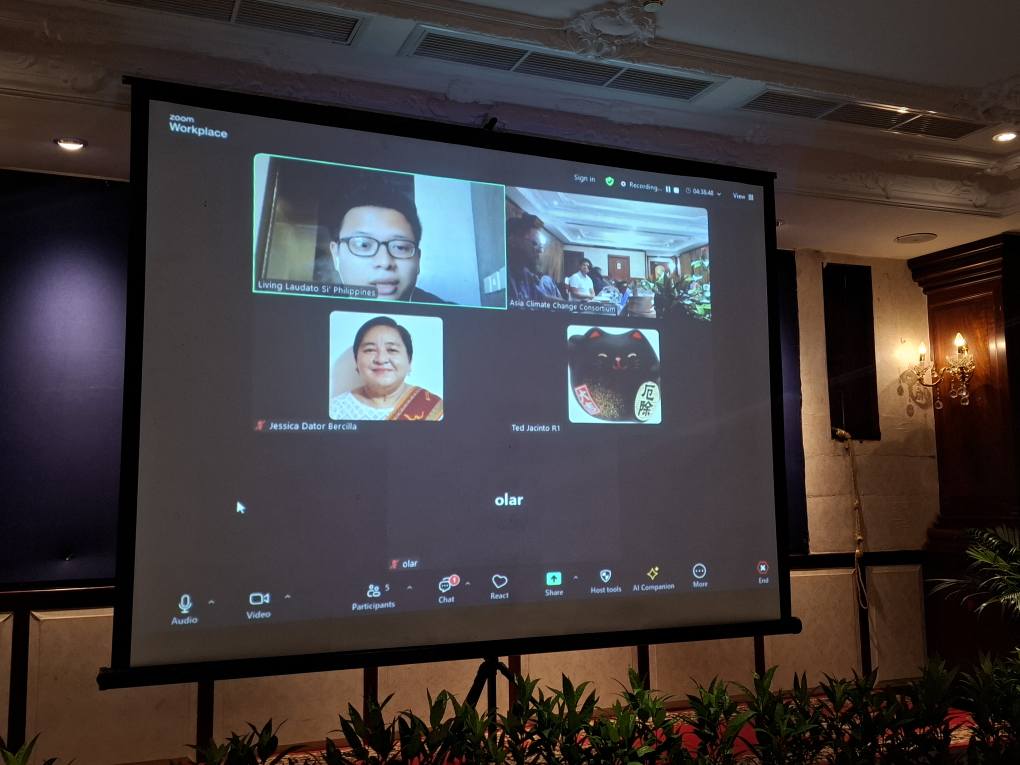
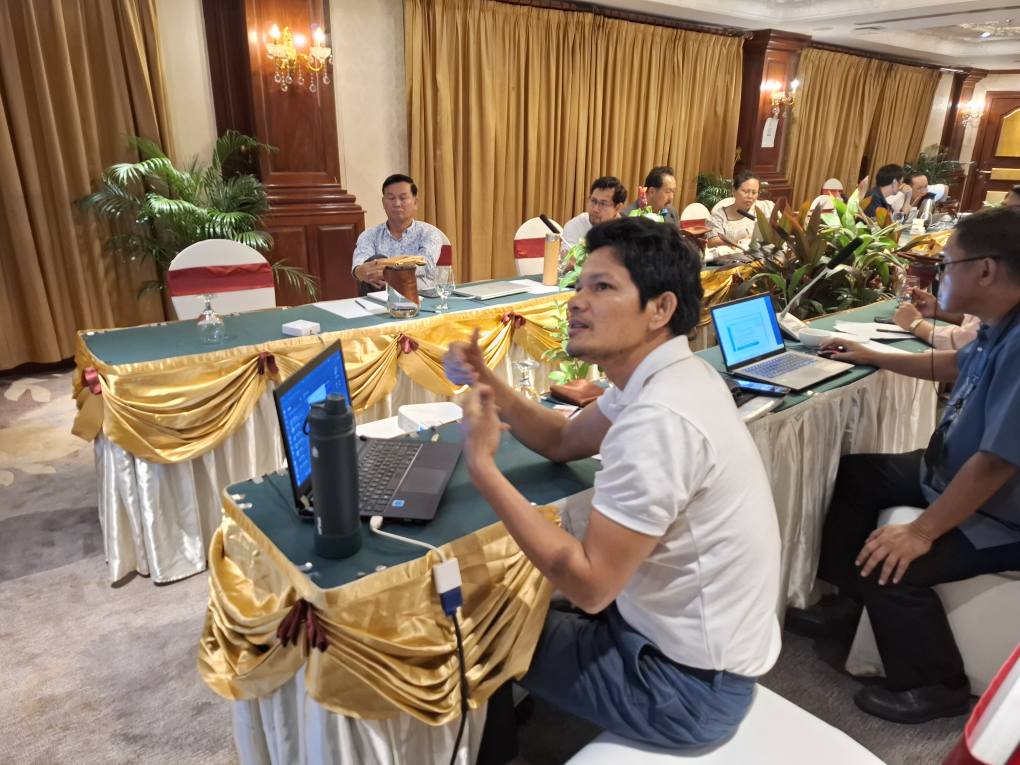
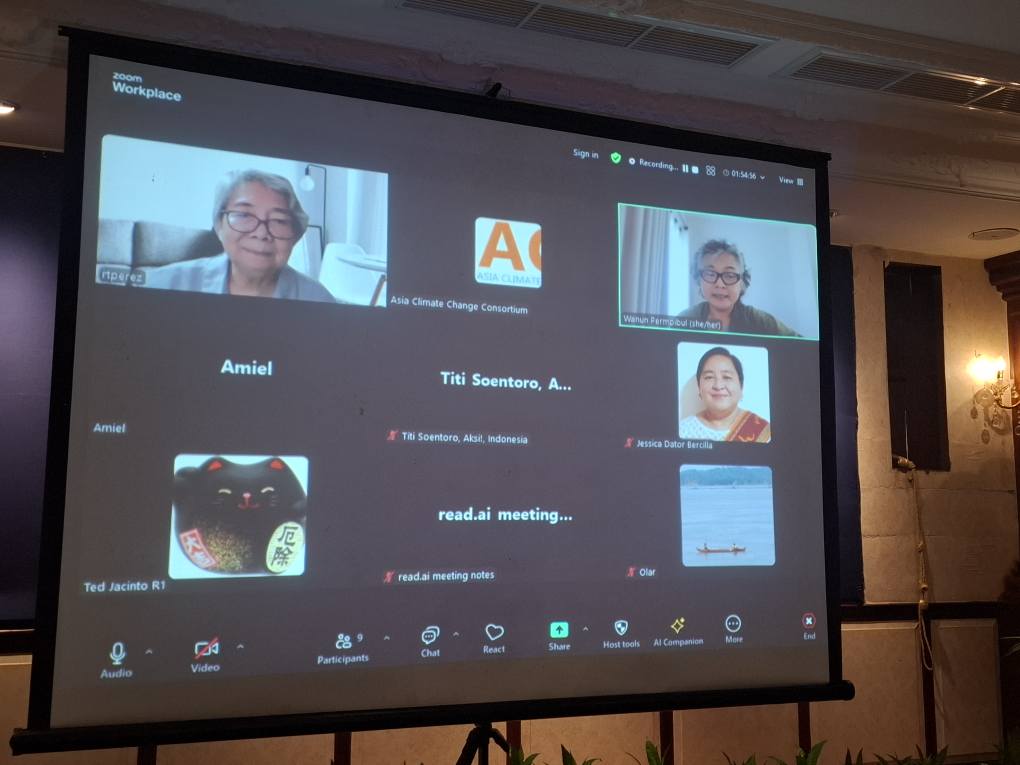
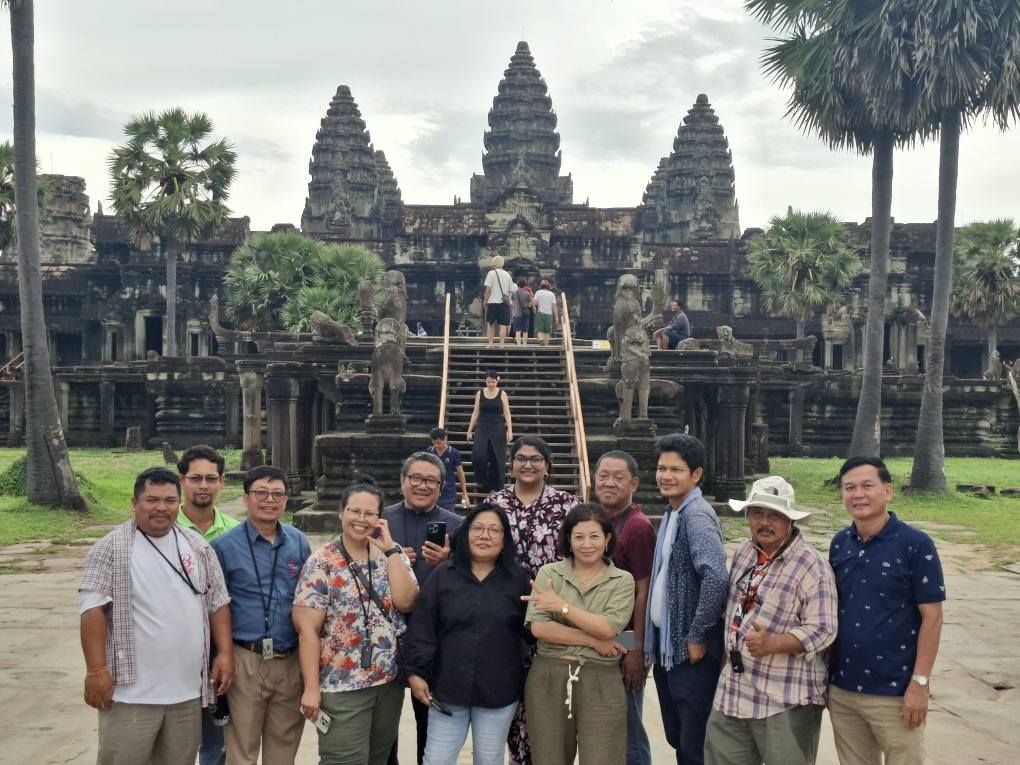
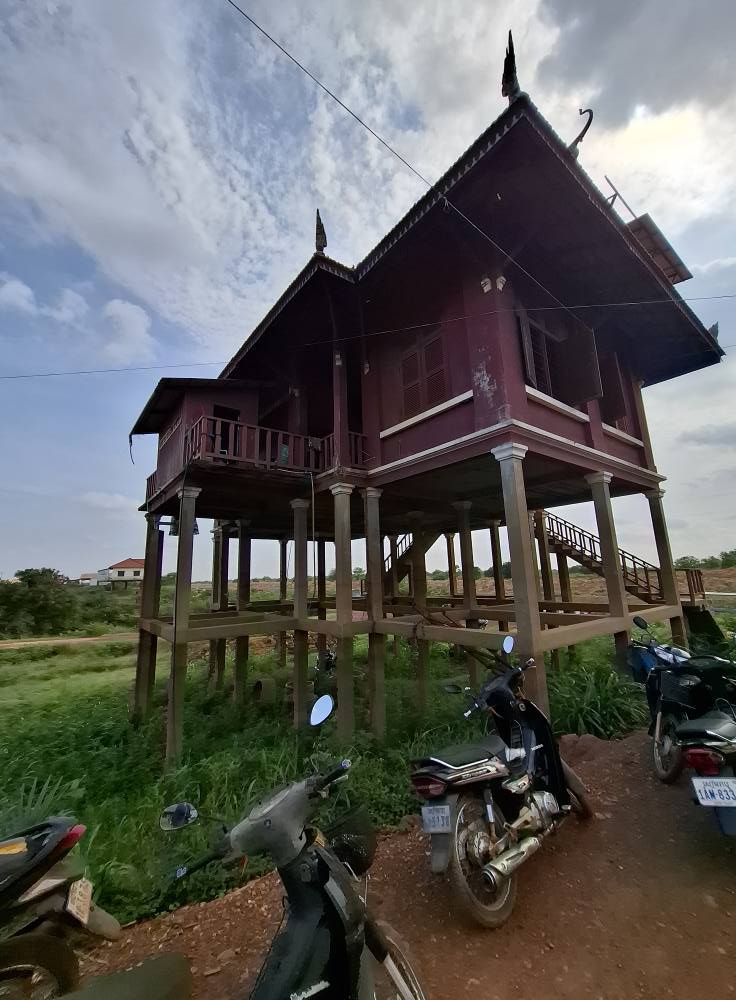
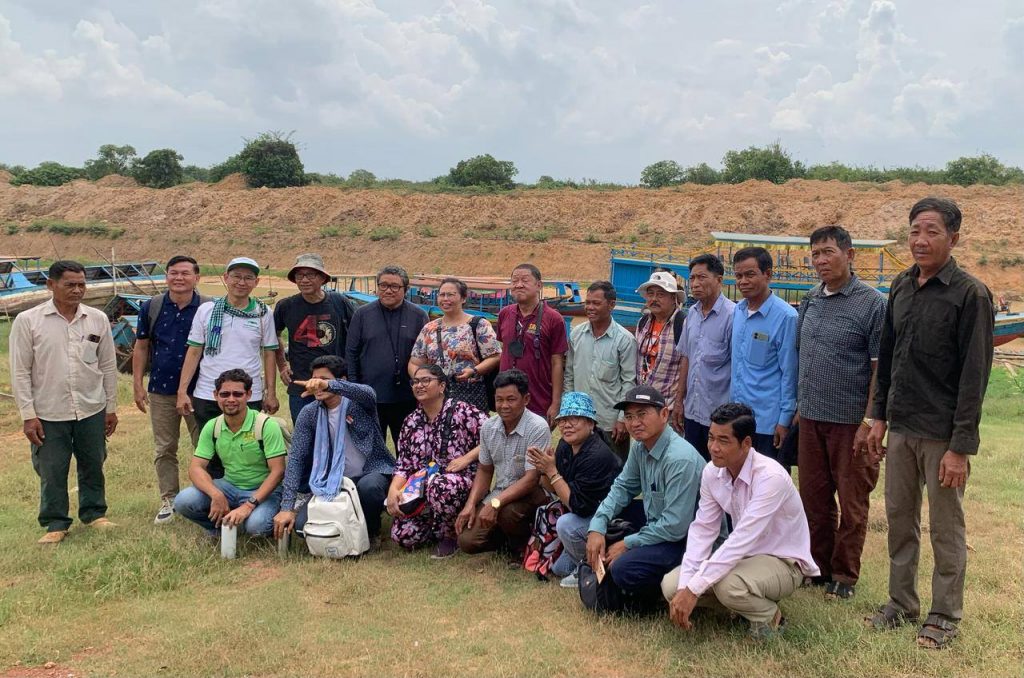
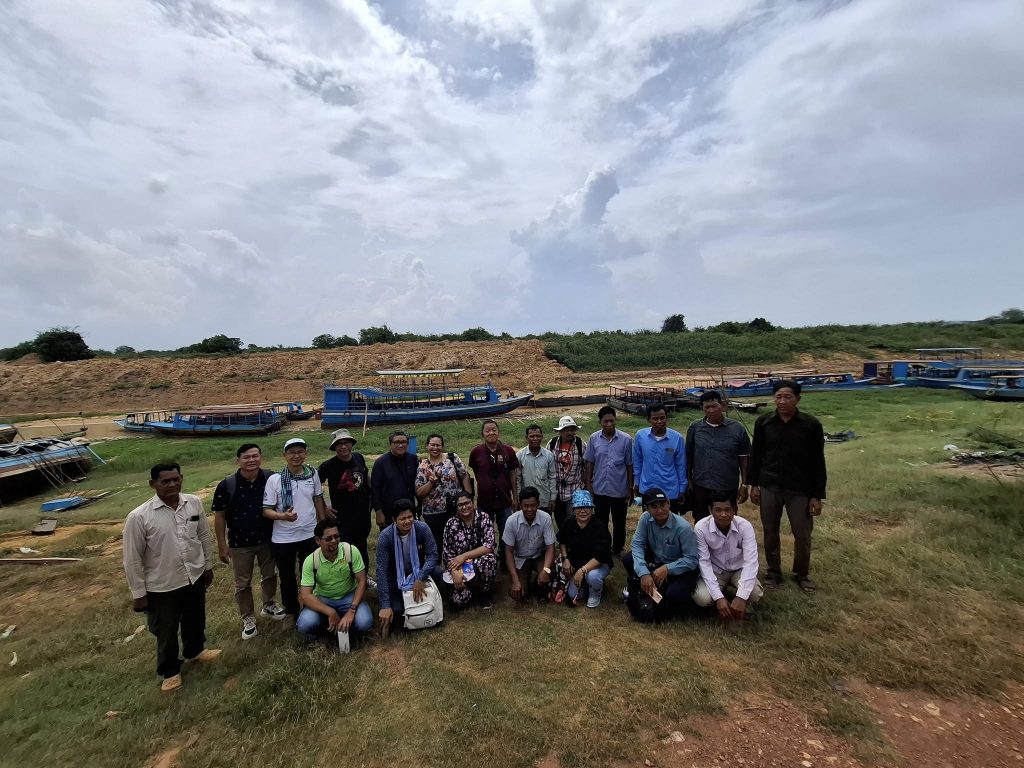
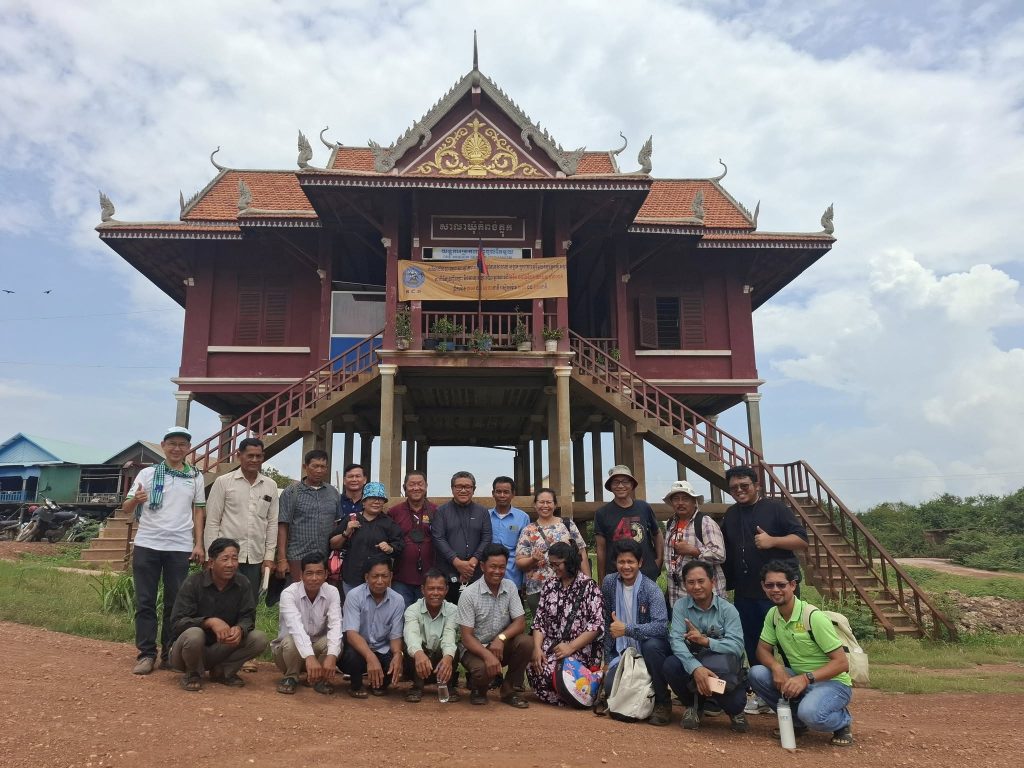
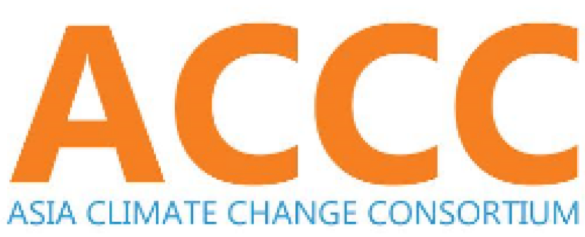
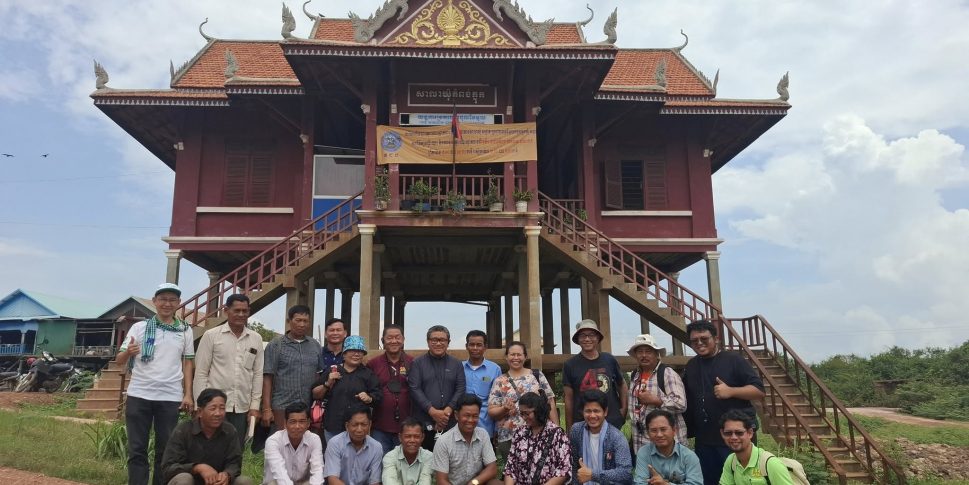


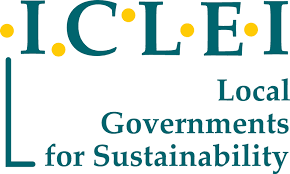
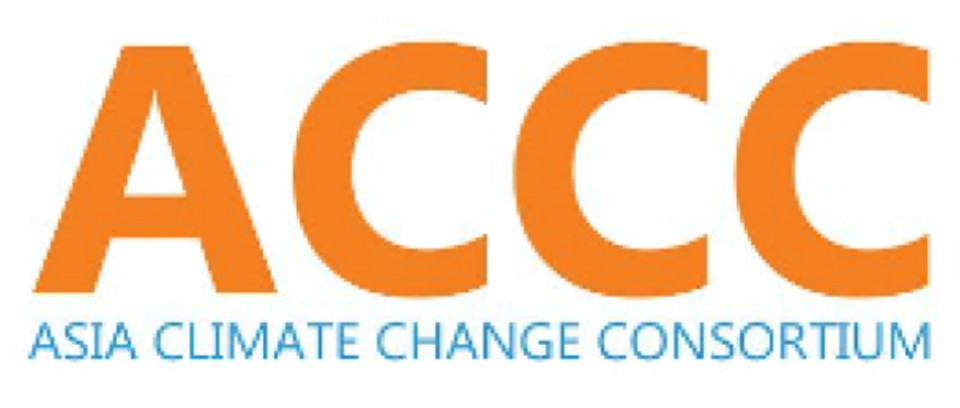 c/o Rice Watch Action Network
c/o Rice Watch Action Network